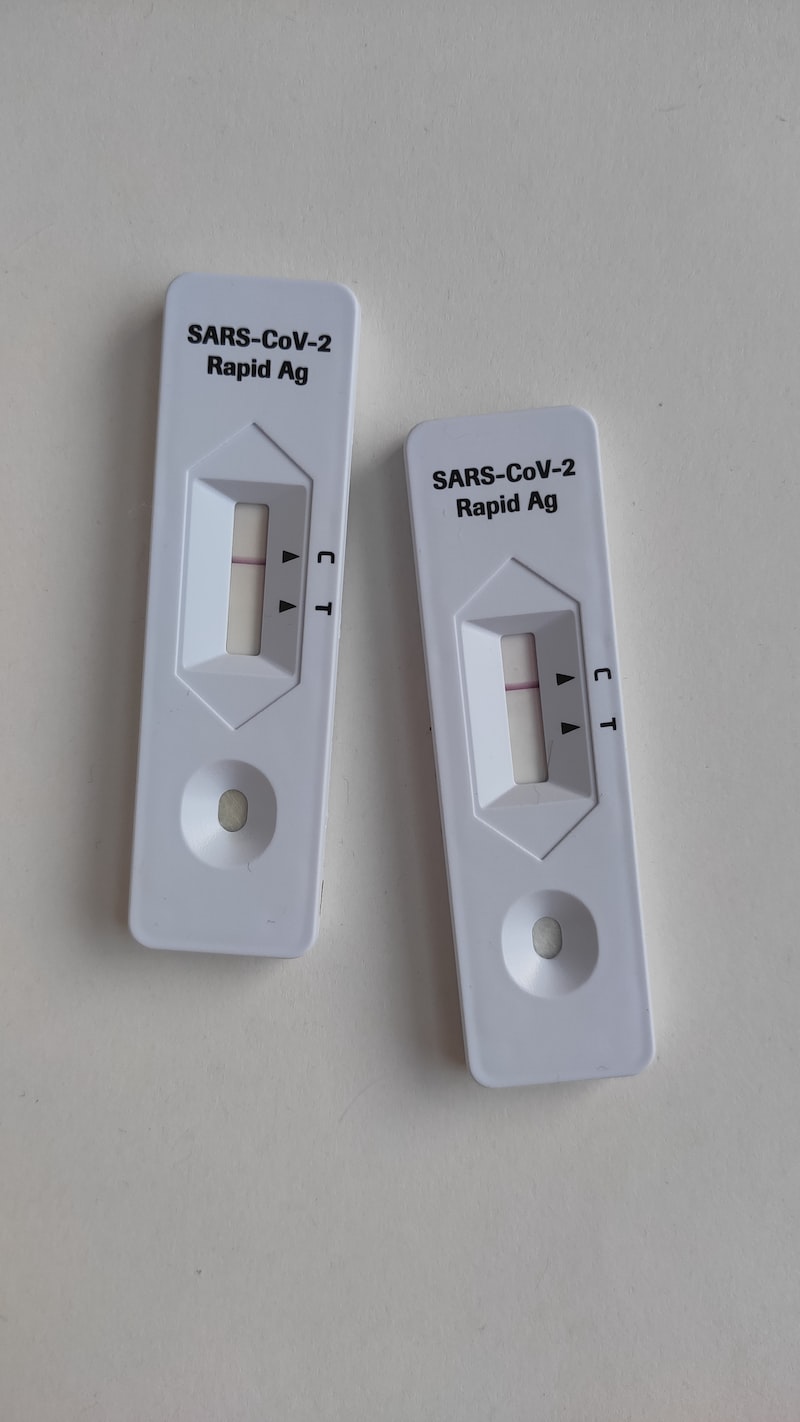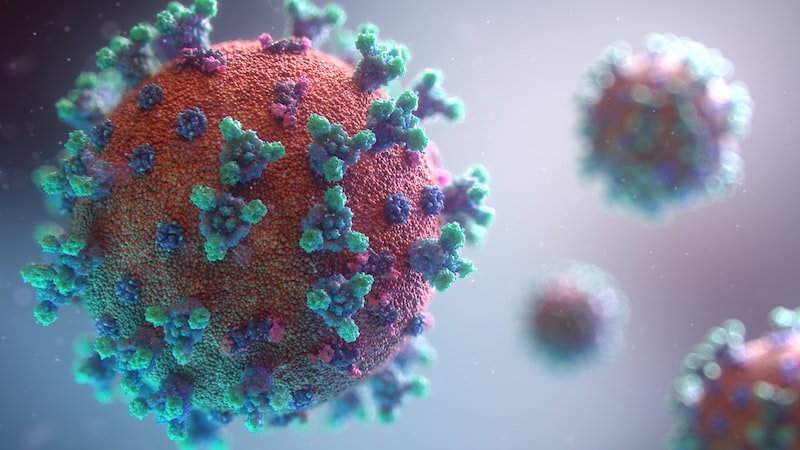Introduction:
COVID-19 continues to dominate headlines globally, with ongoing efforts to combat the virus and mitigate its impact on individuals and communities. In this article, we’ll delve into the latest developments surrounding the pandemic, taking a closer look at key areas of concern, advancements in research, and measures being implemented worldwide.
The Emergence of Omicron Variant:
Recently, a new variant known as Omicron has emerged, sending waves of concern across the globe. Scientists and health officials are working tirelessly to understand its characteristics, transmissibility, and potential resistance to existing vaccines. As more information becomes available, governments are implementing precautionary measures to prevent its spread, such as travel restrictions and enhanced testing protocols.
Vaccine Advancements and Booster Shots:
Efforts to combat COVID-19 have seen remarkable progress through vaccination campaigns. Vaccines remain the cornerstone for preventing severe illness and hospitalizations. To ensure long-term protection, various countries have initiated booster shot programs, providing additional doses to individuals who have already been vaccinated. These booster shots aim to enhance immunity, particularly against emerging variants and waning vaccine efficacy over time.
Global Vaccination Efforts:
While vaccination rates vary across different regions, authorities worldwide continue to promote and prioritize immunization. By increasing accessibility and awareness, countries are striving to reach unvaccinated populations and address vaccine hesitancy concerns. Collaborative initiatives between nations and organizations are facilitating the distribution of vaccines to low-income countries, promoting equitable access to protection against COVID-19.
Testing and Surveillance Strategies:
Diagnostic testing plays a crucial role in identifying and containing the virus. Rapid antigen tests provide quick results, enabling timely interventions to prevent further transmission. Additionally, advances in monitoring systems and genomic sequencing help track the presence of variants, allowing health authorities to respond swiftly with targeted measures.
Public Health Measures:
To curtail the spread of COVID-19, countries continue to implement public health measures such as mask mandates, social distancing guidelines, and restrictions on large gatherings. These measures, coupled with increased vaccination rates, can effectively reduce the transmission of the virus and protect vulnerable populations.
Conclusion:
Staying informed about the latest developments in COVID-19 is essential as we navigate this ongoing global health crisis. By closely monitoring emerging variants, advancing vaccine strategies, enhancing testing capabilities, and implementing effective public health measures, the world is collectively working towards overcoming the challenges posed by the pandemic. Through continued vigilance and cooperation, we can pave the way for a healthier and safer future.
New Covid-19 Variant Emerges, Raising Concerns About Vaccine Effectiveness
Introduction:
Imagine a game of hide-and-seek where the virus is the master player, constantly changing its tactics to evade capture. Just when we thought we had the upper hand, a new challenger emerges on the scene – a new Covid-19 variant. This latest development has sparked concerns about the effectiveness of existing vaccines and renewed the urgency for continued vigilance in our fight against the pandemic.
The Discovery:
Scientists and health experts have recently identified a new variant of the SARS-CoV-2 virus, the pathogen responsible for causing Covid-19. The variant, named , has raised eyebrows due to its unique combination of genetic mutations. Its arrival has sent shockwaves through global health communities, triggering investigations to better understand its characteristics and potential implications.

Vaccine Effectiveness:
One pressing question on everyone’s minds is whether the current vaccines will remain effective against this new variant. While the situation is still unfolding, early studies indicate that existing vaccines may provide some level of protection. However, there is growing evidence suggesting that the efficacy of these vaccines against the new variant might be reduced compared to earlier strains. Researchers are working diligently to gather more data and determine the best course of action.
The Importance of Adaptation:
As with any adversary, the virus is adapting and evolving to survive. It’s crucial for us to adapt as well. Vaccine manufacturers are already exploring options to update their vaccines to better target emerging variants. This adaptability is a testament to human ingenuity and the determination to stay one step ahead of the ever-changing virus.
What Can We Do?
In the face of this new challenge, it’s essential that we don’t lose sight of the measures that have proven effective thus far. Vaccination remains a critical tool in reducing severe illness and hospitalizations. Continuing to follow public health guidelines, such as wearing masks, practicing good hand hygiene, and maintaining physical distance, will also help mitigate the spread of the virus.
Conclusion:
The emergence of a new Covid-19 variant has once again reminded us that this battle is far from over. While concerns about vaccine effectiveness persist, it is crucial to stay informed and adapt our strategies accordingly. By working together, remaining vigilant, and supporting scientific research, we can navigate through this challenging period and emerge stronger on the other side.
Global Covid-19 Cases Surge Amidst Delta Variant Dominance
The world continues to grapple with the relentless impact of the Covid-19 pandemic, as global cases surge amidst the dominance of the Delta variant. This highly contagious strain has sparked concern among experts and communities worldwide, raising questions about the effectiveness of existing measures and the path forward in this ongoing battle.
The Delta variant, originally identified in India, has quickly gained ground and become the predominant strain in many countries. Its ability to spread rapidly has contributed to a surge in Covid-19 cases across the globe. With each passing day, more people find themselves affected by this formidable adversary.
But what makes the Delta variant different from its predecessors? Well, it possesses a unique set of mutations that allow it to attach more easily to human cells, making it highly transmissible. This increased efficiency in transmission means that even those who have been fully vaccinated are not entirely immune to contracting or spreading the virus.
As the Delta variant continues to exert its influence, several regions face significant challenges in managing the surge. Hospitals are once again feeling the strain as they accommodate a rising number of patients, testing facilities are stretched to their limits, and vaccination efforts are intensified to curb the virus’s spread.
In response to the Delta variant dominance, governments and health authorities are ramping up their efforts to combat the ongoing crisis. They are implementing stricter measures such as mask mandates, social distancing guidelines, and travel restrictions to mitigate the impact of the virus. Additionally, booster shots are being recommended for individuals who have already received their initial vaccine doses, aiming to increase their immunity against the variant.

The fight against Covid-19 and the Delta variant is far from over. It requires a collective effort and adherence to public health measures to protect ourselves and our communities. By staying informed, following guidelines, and getting vaccinated, we can work together to overcome this challenging period.
So, let us remain vigilant and focus on the task at hand – safeguarding lives, supporting healthcare systems, and ultimately bringing an end to this global health crisis. The road may be long, but our determination will prevail.
Breakthrough Treatment Shows Promise in Fighting Severe Covid-19 Infections
Are you ready to be amazed? There’s some incredible news on the horizon for those battling severe Covid-19 infections. A breakthrough treatment has emerged, showing exceptional promise in the fight against this devastating disease. This groundbreaking development offers a glimmer of hope to individuals and families impacted by the virus.
So, what exactly is this revolutionary treatment? It revolves around a cutting-edge medication that has demonstrated remarkable efficacy in combating severe Covid-19 cases. This potential game-changer works by targeting the underlying mechanisms of the virus, aiming to halt its progression and minimize the associated risks.
The beauty of this breakthrough lies in its ability to address the specific challenges posed by severe Covid-19 infections. By directly targeting the virus, this treatment aims to reduce the severity of symptoms, accelerate recovery, and ultimately save lives. Its impact has been nothing short of remarkable, with early trials reporting significant improvements in patient outcomes.
Imagine a war between the body and the virus, where this breakthrough treatment acts as the ultimate weapon in our arsenal. Just like a skilled general leading an army to victory, this medication orchestrates a strategic offensive against the virus, aiming to overpower it and restore balance within the body. It’s akin to a superhero swooping in to save the day, eradicating the threat and bringing hope to those in need.
But how does this treatment achieve such extraordinary results? Well, it harnesses the power of advanced medical science and innovative technologies. Through meticulous research and development, scientists have identified key targets within the virus’s structure, allowing for the creation of a highly targeted and potent medication. This approach ensures maximum effectiveness while minimizing potential side effects.

As we eagerly await further studies and regulatory approvals, the potential of this breakthrough treatment to revolutionize the management of severe Covid-19 infections is simply awe-inspiring. The battle against this relentless adversary may well be on the cusp of a major turning point. With hope and determination, we can look forward to brighter days ahead, where the ravages of this pandemic are mitigated by the tireless efforts of dedicated scientists and the remarkable breakthroughs they bring forth.
So, brace yourself for this jaw-dropping news, as hope springs eternal with a breakthrough treatment that shows immense promise in fighting severe Covid-19 infections.
Scientists Discover Potential Link Between Covid-19 and Long-Term Cognitive Effects
Have you ever wondered about the long-term effects of Covid-19 on the brain? Well, scientists have recently made an intriguing discovery that suggests a potential link between Covid-19 and long-term cognitive effects. It’s a topic that has captured the attention of many and raises important questions about the impact of the virus on our mental health.
Recent studies indicate that individuals who have recovered from Covid-19 may experience cognitive impairments that persist even after their physical symptoms have resolved. These cognitive effects can range from difficulties with memory and concentration to more severe issues such as brain fog and decreased cognitive function.
But what exactly is causing these cognitive effects? Researchers believe that it could be due to several factors. One possibility is that the virus directly affects the brain, leading to inflammation and damage to neural pathways. Another theory suggests that the body’s immune response to the virus, including the release of inflammatory molecules, could be responsible for these cognitive changes.
Furthermore, the psychological toll of dealing with a serious illness like Covid-19 cannot be ignored. The stress, anxiety, and depression associated with the disease can also contribute to cognitive difficulties. It’s like a vicious cycle, where the virus itself and the emotional distress it causes work hand in hand to affect our cognitive abilities.
It’s essential to note that these findings are still in the early stages, and more research is needed to fully understand the extent of the link between Covid-19 and long-term cognitive effects. Scientists are conducting ongoing studies to investigate this connection further and determine the underlying mechanisms at play.
Understanding the potential link between Covid-19 and long-term cognitive effects is crucial for developing appropriate interventions and support systems for those affected. By unraveling the mysteries of how the virus impacts our brain function, researchers can pave the way for targeted treatments and therapies to help individuals recover their cognitive abilities.
the emerging research suggests a potential connection between Covid-19 and long-term cognitive effects. While the exact mechanisms are still being explored, it’s clear that the impact of the virus extends beyond the initial illness. By shedding light on this topic, scientists are taking a step towards better understanding and addressing the long-term consequences of Covid-19 on our cognitive health.


